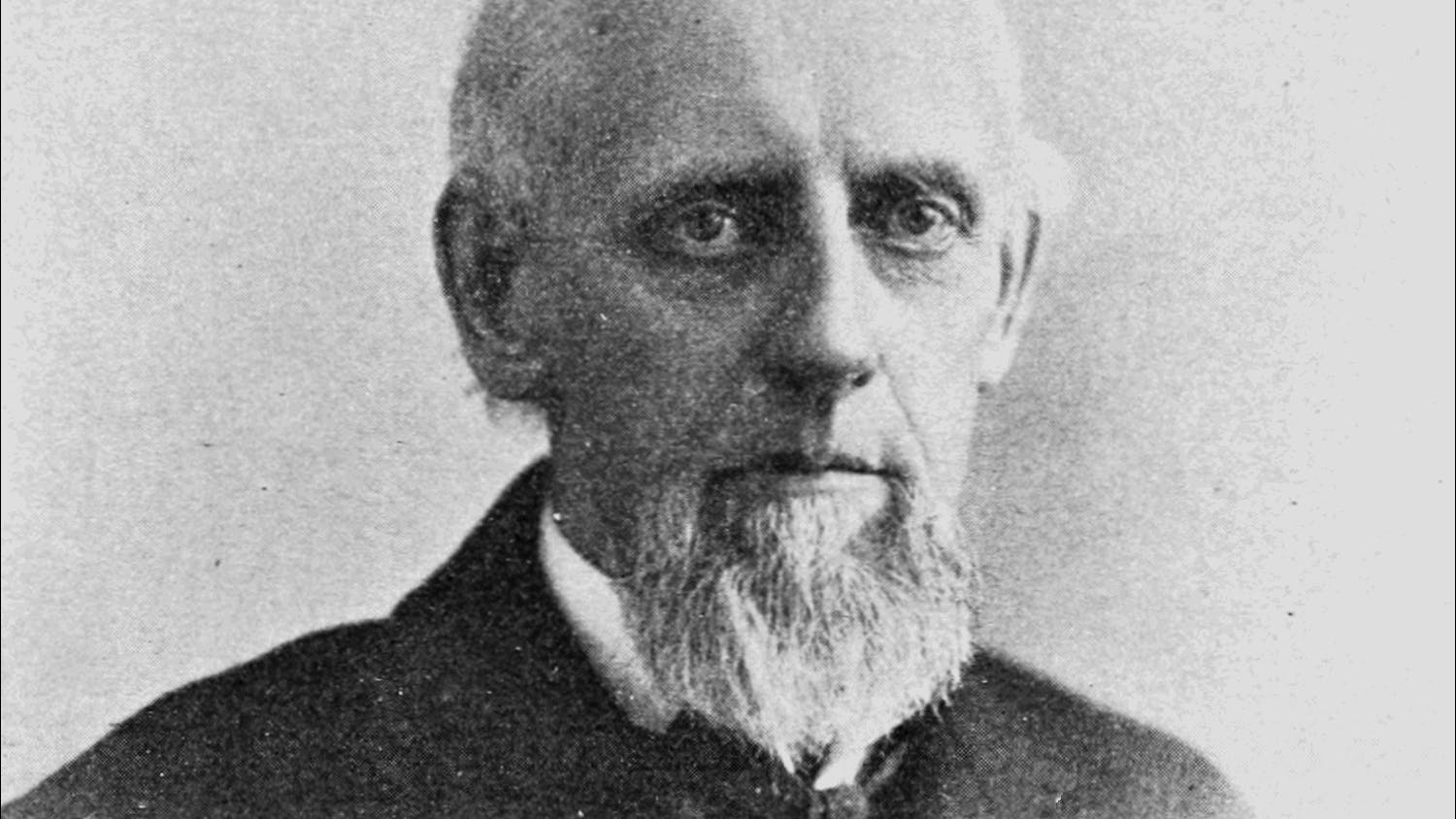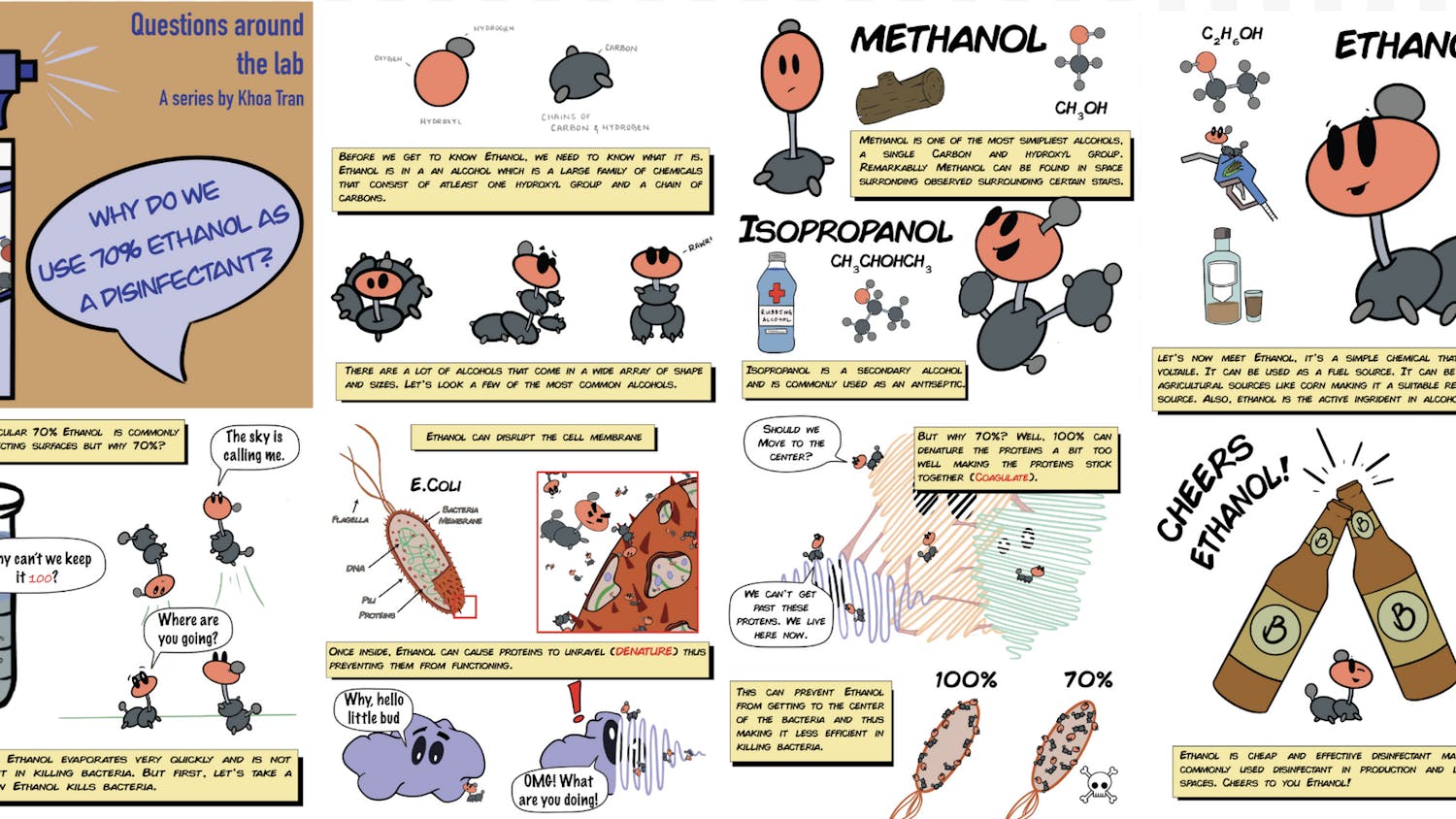While Anthony Monaco may no longer be president, he’s taken on a new full-time role at Tufts: professor of biology. After stepping down from his 12-year role in June, President Emeritus Monaco is devoting his time to genetic research on the cause of mental health disorders.
Monaco’s roots are in genetic research; he studied neuroscience as an undergraduate at Princeton University before earning a Ph.D. and an M.D. at Harvard University. Immediately prior to serving as president of Tufts, he was a lecturer in human genetics at the University of Oxford.
“It feels natural to go back into the field,” Monaco said. “During the pandemic, with the lack of travel and lack of in-person events, [I was] able to spend a lot of time revisiting mental health disorders. And over the last year in particular, as I was transitioning, we discovered some very peculiar RNA connections which we’re exploring further.”
Monaco’s research focuses on the role RNA plays in the genetic linkage among certain mental health disorders.
“Autism, attention deficit hyperactivity disorder, anxiety, depression, schizophrenia, manic depression — they all have very high genetic risks,” Monaco said. Yet, while these disorders are linked to genes, scientists have been unable to find their corresponding DNA locations.
To understand the genetics behind hereditary mental health disorders, Monaco has turned his research toward DNA’s sister molecule, RNA. This nucleic acid is responsible for DNA transcription and translation for the expression of genes. Monaco’s team discovered an RNA connection which is unique for its size and circular shape, aptly naming it “Jumbo RNA.”
“Genes are known to be expressed as lines, linear transcripts, but they can also make circles,” Monaco said. “What we discovered is, these large circles, which actually cross over seven or eight genes at a time, may be coordinating the expression of all seven or eight genes simultaneously. … We’re wondering whether this Jumbo circular RNA system may be epigenetically controlled or have a memory of the number of stressors or the type of stress.”
The main question prompted by this discovery is how Jumbo RNA maintains or changes the regulation of stressors, a large factor behind mental health diagnoses.
Monaco’s research on mental health disorders is still in its preliminary stages, but this isn’t the first time he’s focused on the issue; as president, he assembled a task force aimed at evaluating the mental health resources available to students on all of Tufts’ campuses.
Mental health-related issues have been steadily increasing for a long time, stretching treatment resources thin nationwide. Monaco acknowledged that this issue is not only present at Tufts but all over the country, as adolescents and young adults cannot get access to the professional health care they need.
“There’s always room for improvement, but I think we were early adopters in taking the rise seriously and forming a task force to find out where our services were lacking and to build them up,” Monaco said.
Among other initiatives, the task force prompted the creation of two new positions within Tufts Counseling and Mental Health Services: the mental health promotion specialist and the clinical care manager. The former is non-clinical and raises awareness of mental health issues and resources, while the latter assists students with obtaining care in the community.
Julie S. Ross, director of CMHS, praised Monaco’s work to advance mental health as president.
“President Monaco’s and Tufts’ commitment to mental health was one of the factors that led to Tufts being awarded the inaugural HBC Foundation scholarship to join JED Campus, the leading national program helping colleges and universities enhance mental health,” Ross wrote in an email to the Daily.
Monaco’s research on the genetic components of mental health disorders and his initiative to improve distribution and accessibility of mental health services show the importance of both policy and scientific research.






